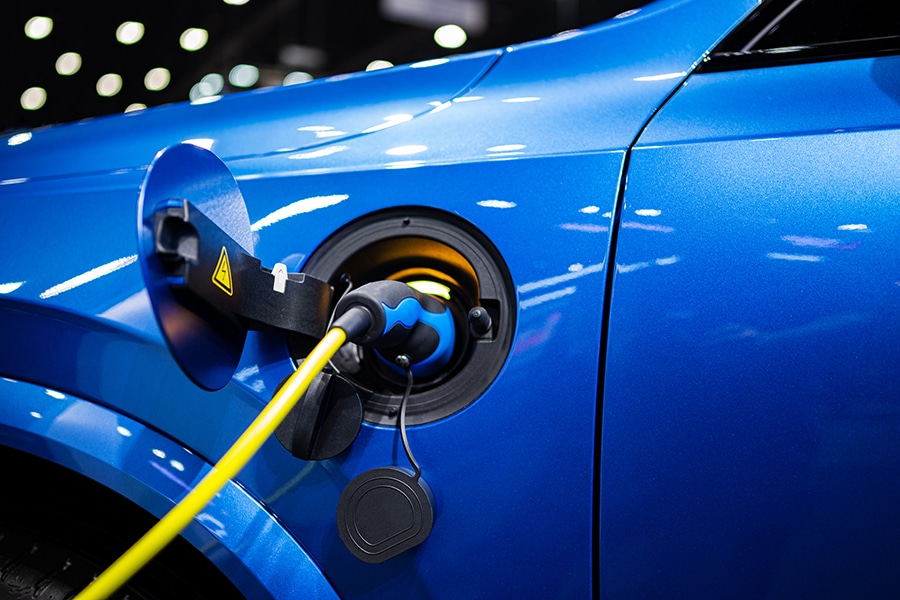
Tesla isn't the only startup disrupting the car business
A new crop of upstarts, mainly based in California and China, is trying to follow Tesla's lead and take advantage of traditional car companies' slowness to develop battery-powered vehicles
 Image: Shutterstock
Image: Shutterstock
FRANKFURT — For most of the last century, the auto industry has been known more for shutdowns than startups. Brands like Saab, Pontiac and Plymouth disappeared and not much took their places.
But the advent of electric cars has provided a rare opportunity for new companies to challenge the automotive establishment.
Tesla has shown that it’s possible. Founded in 2003, the company is putting a scare into the likes of BMW and Mercedes by outselling some of their most popular models. A new crop of upstarts, mainly based in California and China, is trying to follow Tesla’s lead and take advantage of traditional car companies’ slowness to develop battery-powered vehicles.
The hurdles for these new car companies are lower than they have been in decades. Electric cars are easier to design and build than cars with internal combustion engines, because they have fewer moving parts.
Still, building any car is hard and expensive. No doubt some of the startups listed here will not make it. Some have already dropped out. Dyson, best known for vacuum cleaners, abandoned its electric car dreams in October. “We simply cannot make it commercially viable,” Dyson said at the time.
But some startups may have an impact, especially those with a new approach to design, a technological advantage or a deep-pocketed backer like the Chinese government. Here’s a look at some of the new challengers.
©2019 New York Times News Service




